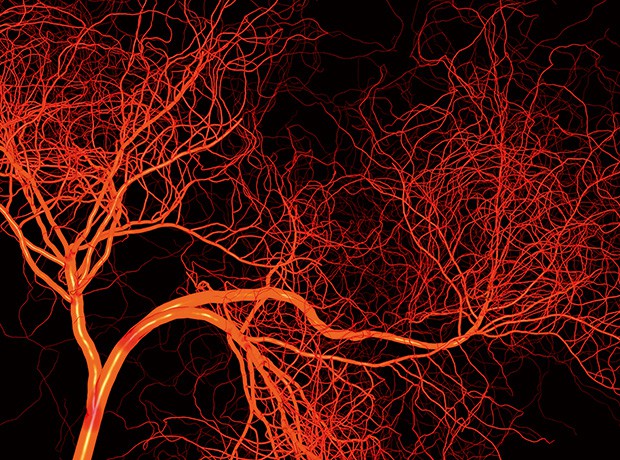This rare peripheral neuropathy affects approximately 3 million people worldwide.
The CMT Research Foundation (CMTRF) is investing in a research project based at Nationwide Children’s Hospital in the US to develop new avenues to deliver gene therapy to treat several types of Charcot-Marie-Tooth disease (CMT).
The new project aims to improve the therapeutic efficacy and safety of gene therapy for forms of CMT, including CMT1A, the most common form which accounts for 50% of patients with the neurologically damaging disease.
CMT is recognized as a rare peripheral neuropathy affecting approximately 3 million people worldwide and is a group of inherited disorders that damage the peripheral nerves outside the main central nervous system.
Developing safe and effective gene therapies for CMT requires the delivery of therapeutic gene payloads to the peripheral nervous system that specifically target Schwann cells, a type of glial cell that forms the myelin sheath around nerve fibers, for CMT types including CMT1A, 1B, 4C, 4J, and 1X, which is currently done using adeno-associated virus (AAV) vectors for gene therapy.
A challenge in developing AAV-based gene therapy for CMT is obtaining “sufficient delivery of the therapeutic payload to peripheral nerves,” explained Afroz Rashnounejad, principal investigator at the Abigail Wexner Institute Gene Therapy Center at Nationwide Children’s Hospital.
“The latest work with AAV delivery systems in mice shows that only a portion of Schwann cells in peripheral nerves are transduced, which is more challenging when targeting Schwann cells in larger animals, including non-human primates and humans,” Rashnounejad said.
The patient-led, non-profit foundation, which is focused on providing treatments and cures for CMT, has funded a total of 24 projects, eight of which have been completed and have produced five clinical candidates, one of which was acquired by Novartis for $1 billion.
CMTRF in April Invested A study led by researchers at the University of Illinois at Chicago investigated whether a commercially available drug could potentially treat X-linked CMT in a mouse model.







